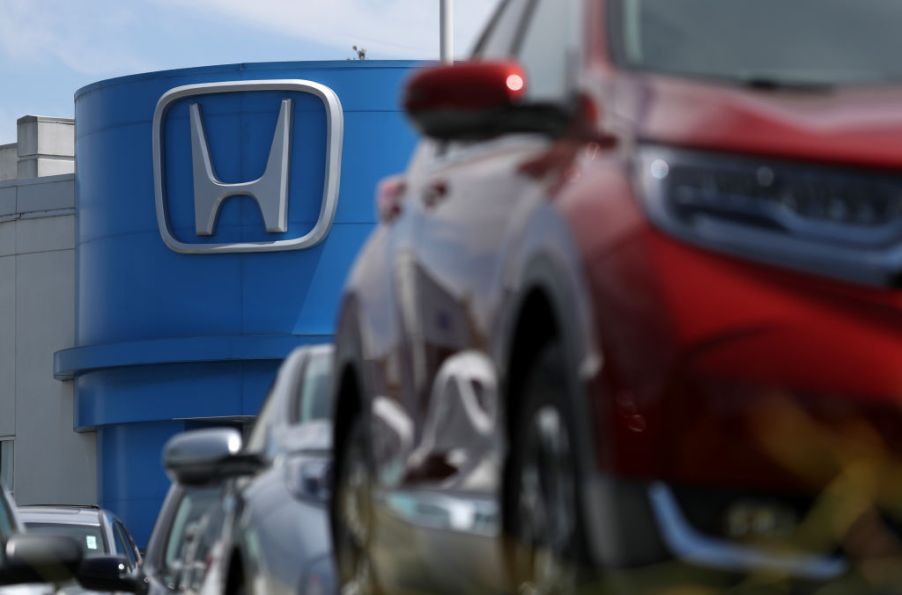
Honda Is the Latest Lawsuit Victim Over Fuel Pump Issues
You may have heard about failing fuel pumps in the past that led to recalls and potential vehicle issues. But recently, Honda is the latest lawsuit victim of this defective vendor part. The fuel pump has a significant responsibility, regardless of the model vehicle in which it’s installed. So when the news broke about the lawsuit from Honda owners, everyone took notice.
What’s so defective about the DENSO fuel pump?
The DENSO fuel pump runs the risk of stalling engines or causing altogether engine shutdowns. And when it comes to Honda, there are several recent model years affected by this risky pump.
In fact, all 2013 through 2019, Honda vehicles come equipped with these defective fuel pumps. According to this latest consumer lawsuit, Honda’s inability to properly diagnose the problem has caused even more concern as vehicle values are suggested to have dropped as a result.
More than one allegation
According to CarCompalints, Honda might be the latest to be targeted over these failing pumps. But it isn’t the only automaker to face DENSO fuel pump lawsuits.
Toyota is facing a lawsuit from consumers in California. Subaru currently has a suit in Alabama. The one common denominator at the heart of all these cases is DENSO as a defendant.
Honda’s official response to the problem
Honda had recalled about 437,000 vehicles due to fuel pump problems. However, the automaker’s official explanation to the NHTSA suggested a sodium particulate problem being the culprit.
These particles found in gasoline would potentially stick to internal fuel pump components and hinder a vehicle’s performance. The dealership orders for repairing this potential issue involved replacing the fuel injection engine control software.
The fuel pump itself would only be replaced if the engine stalled, leaving some questioning Honda’s knowledge about the faulty DENSO pump.
The recall suggests Honda knew about it
This recent lawsuit says Honda “unquestionably knew” the problem stemmed from the DENSO-specific fuel pumps. In part, Honda initiating their recall of over 400,000 vehicles somewhat confirms it, despite their explanation falling short of calling out the pump maker directly.
In Honda’s 2019 lawsuit, the affected vehicles included 2016-2018 Acura MDX models, 2015-2019 Acura TLX models, and 2015-2017 Honda Accord models with V6 engine configurations.
DENSO issued a recall too
In recent weeks, DENSO issued its own recall, citing problems with the impellers. As a mechanism of the fuel pump, low pressures could cause the impeller to soak up gas and deform in shape.
Malformed impellers end up then cracking and cause the fuel pump itself to fail. For anyone behind the wheel when this happens, the vehicle would stall, probably leave you stranded without a way to restart the vehicle. Because DENSO initiated this recall, it solidifies the consumer belief that both companies are admitting the defective part.
The Honda owner behind this latest fuel pump lawsuit
Most lawsuits, while they may represent multiple consumers, are initiated by events of one person first. The original filer is an owner of a 2016 Honda Accord, a car he purchased preowned, with about 18,000 miles on it.
His Accord didn’t directly suffer from a failed fuel pump. He does, however, say his vehicle is “of a lesser standard, grade, and quality,” than originally represented. The defective fuel pump has “significantly diminished the value” of his vehicle as a result.
Whether or not Honda is ready to admit its prior knowledge of the faulty DENSO pumps, the only real takeaway is this — do your homework. Buying a used vehicle, older model, or certified preowned is typically a smart move.
But before you purchase, check the vehicle’s history of recalls, repairs, and maintenance. If the fuel pumps are no longer DENSO brand, with failing impellers, you should be in good shape.


